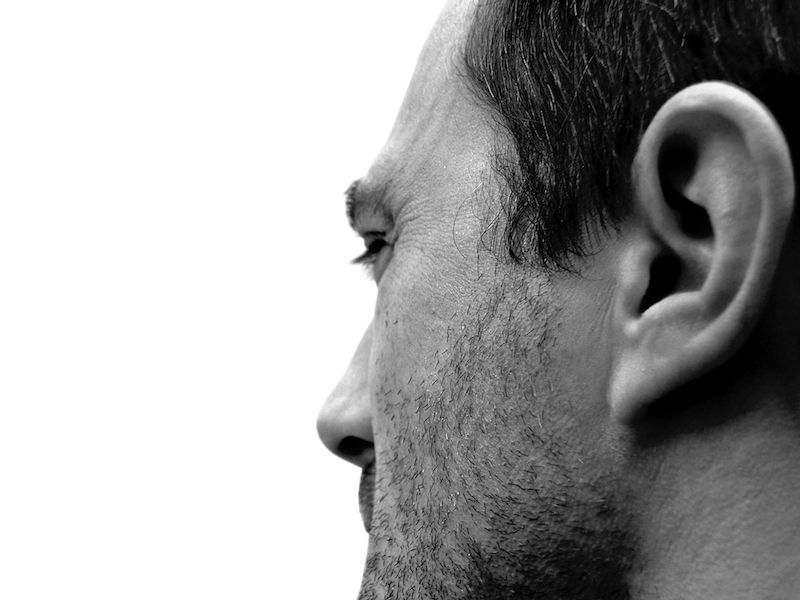
Tinnitus flare ups are almost never constant; they seem to appear and vanish, often for no evident reason at all. Perhaps you’re getting into bed one night and, evidently out of nowhere, your ears begin to ring badly. As you lie in bed, you think back over your day, and there are no clear reasons for this event: no noisy music, no screeching fire alarms, nothing that might explain why your tinnitus chose 9 PM to flare up.
So maybe it’s the food. We don’t generally think about the link between food and hearing, but there’s a bit of research and evidence to suggest that tinnitus can be made worse by particular foods. The secret for you is learning what those foods are, so you can steer clear of them.
Which Foods Worsen Tinnitus?
Let’s just cut right to the chase, shall we? You want to identify which foods you should steer clear of so you can make certain you never have to go through one of those food-generated tinnitus attacks again. Some foods to stay away from might include:
Alcohol
High on the list of items to steer clear of are tobacco and alcohol. You will absolutely want to avoid drinking and smoking in order to lessen your risk of a tinnitus flare up’s even though tobacco isn’t really a food.
Both tobacco and alcohol products can have a significant impact on your blood pressure (not to mention your total health). The more you drink (and smoke), the more likely a tinnitus flare up will be.
Sodium
Your blood pressure is one of the leading predictors of tinnitus episodes. Your tinnitus gets worse when your blood pressure rises. That’s the reason why sodium should absolutely be on your list of food foods to stay away from. Whether you enjoy french fries or just put salt on everything, you’ll want to ease up a lot.
There are some foods that are remarkably high in sodium, also, including ice cream (which you don’t normally think of as tasting especially salty). You’ll need to watch out for sodium levels in everything you eat to avoid a surprise tinnitus episode.
Fast Food
If you’re avoiding sodium, it should come as no surprise that you should also be avoiding fast food. The majority of fast-food places (even the ones that claim they are a healthier choice) serve food that is jam-packed with salt and fat. And, clearly, your blood pressure and your tinnitus will be negatively impacted by this type of diet. Fast food restaurants also usually serve astonishingly big drinks, and those drinks are mostly sugar. Which brings up the next food you should avoid.
Sugars and Sweets
Candy is something that we all enjoy. Well, the majority of us love candy. There is a very small portion of the public that would actually prefer vegetables. No judgment from us.
Sadly, sugar can completely throw off the balance of glucose in your body. And as you’re attempting to get to sleep at night, a little disruption to that balance can mean lots of tossing and turning. In the quiet of the night, as you lie there awake, it becomes a lot easier to start to hear that ringing.
Caffeine
There’s an obvious reason why we saved this one for last. Quitting this one is a hard pill to swallow. But your sleep cycle can be substantially impacted if you have any caffeine later in the day. And the worse your quality of sleep, the more likely your tinnitus is to flare up.
It’s really the lack of sleep, not the caffeine that’s the problem. Have your coffee or tea in the morning, and switch to a non-caffeinated beverage before dinner.
Learn What Works Best For You
This list is certainly not comprehensive. You’ll want to consult your hearing expert about any dietary modifications you may need to make. Let’s not forget that dietary modifications impact everyone in a different way, so in order to keep track of what is working and what isn’t, it might be a good idea to keep a food journal.
Going forward you will have an easier time making smart choices if you recognize how particular foods affect you. When you begin to track what you eat, and what happens to your ears afterward, you might start to note patterns, and that can remove some of the mystery out of your tinnitus symptoms.
If you have that last cup of coffee, at least you know what you’re dealing with.